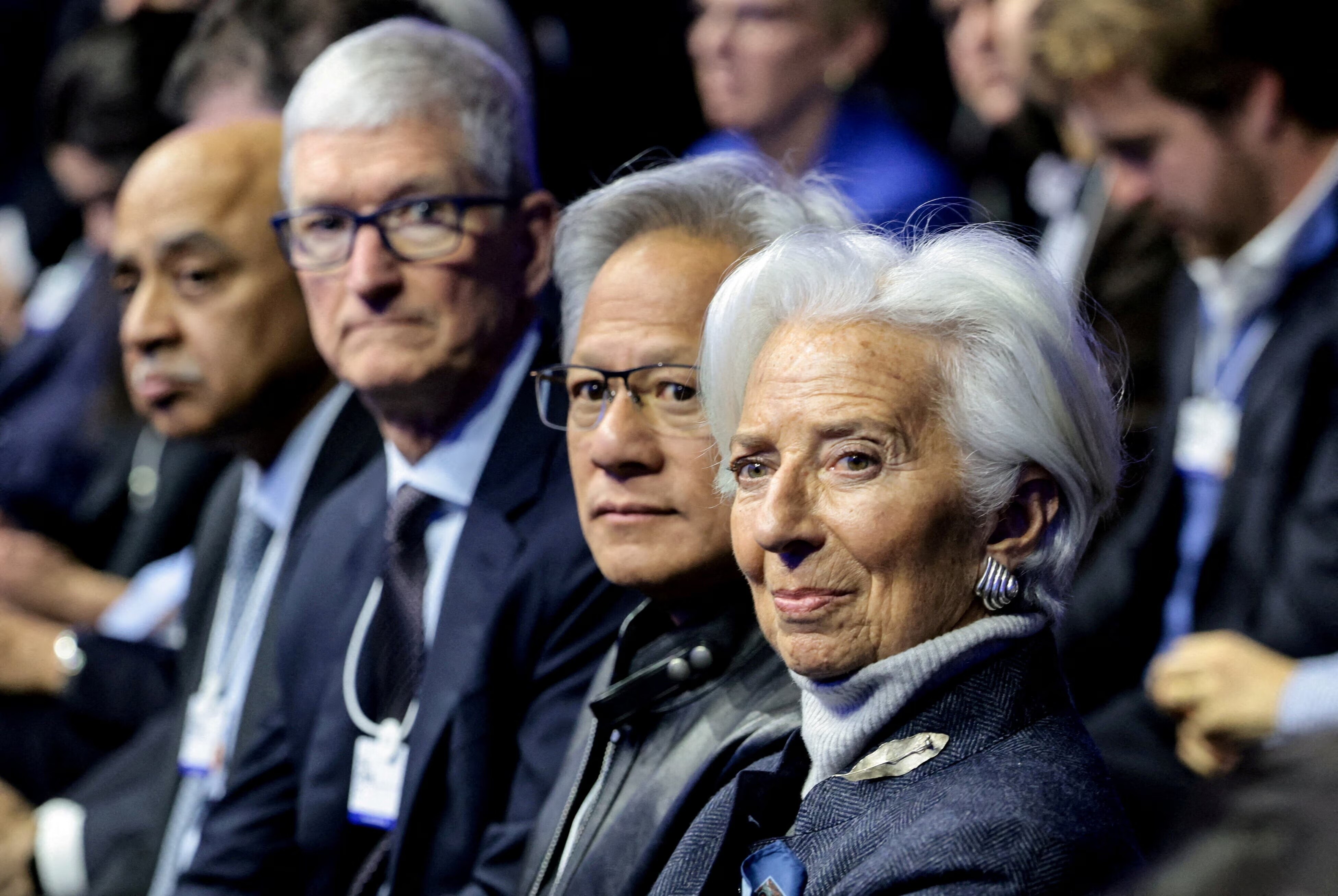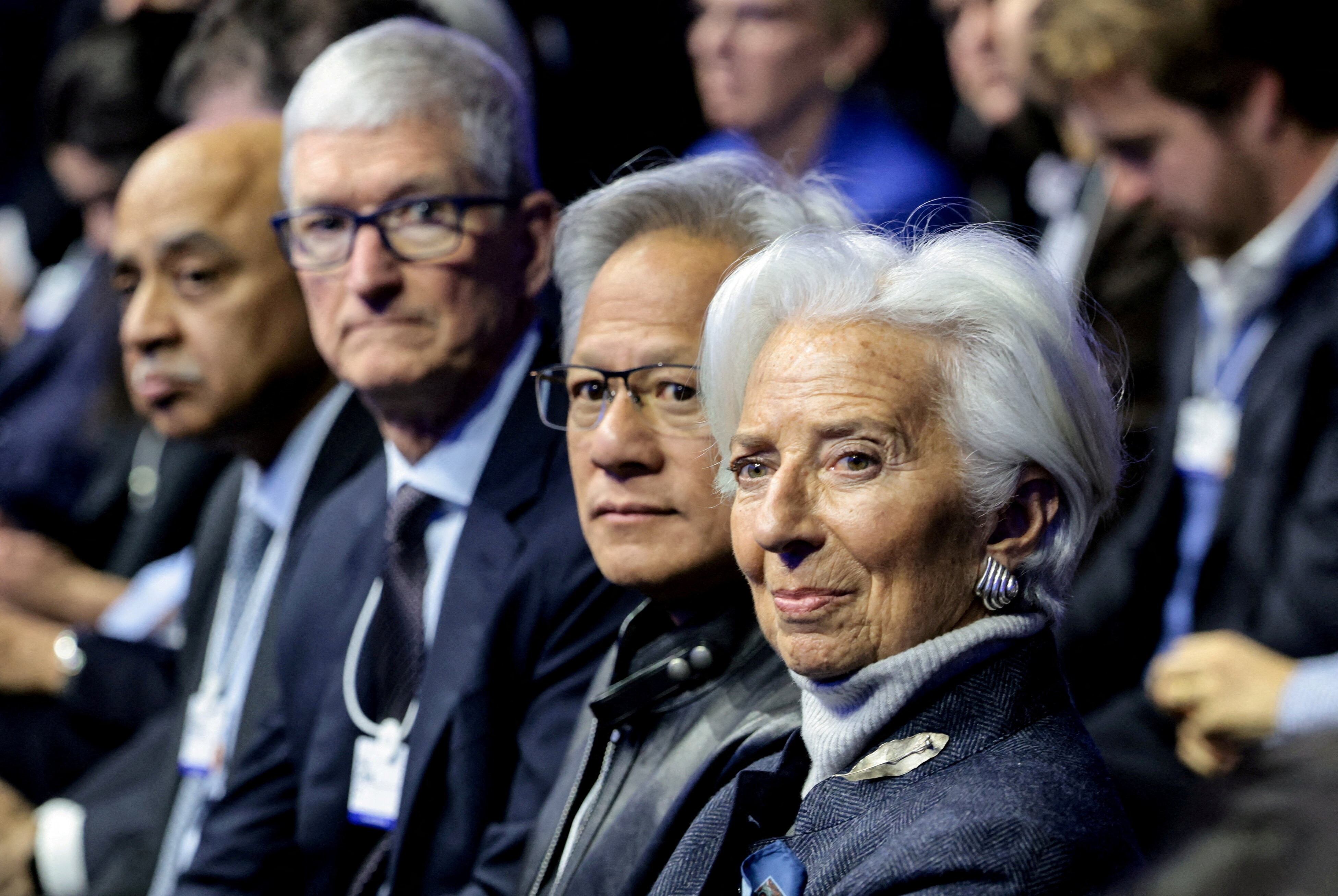
Tres cosas que aprendí en Davos 2026 sobre el futuro de las finanzas: reducción de riesgos y desorientación
El ambiente en Davos era de desorientación.
Huw van Steenis is vice chair at Oliver Wyman and is also co-chair of the World Economic Forum's Global Future Council on Responsive Financial Services.
He is the former Senior Adviser to the Governor of the Bank of England, where he chaired a review into what the future of finance means for the bank’s priorities.
Steenis worked at Morgan Stanley from 2002-16, latterly as Global Head, Banks and Diversified Financials research. Here he and his teams won numerous awards, including being voted number one in investor surveys 12 times and twice Starmine’s stock picker of the year for financial services.
From 2016-18, he served as Global Head of Strategy at Schroders. He has also served on various boards and committees, including the World Economic Forum’s Global Agenda Council for Financial Services and Disruptive Innovation in Financial Services working group; the European Central Bank’s Contact Group on Macro-Prudential Policies and Financial Stability (2015-17), the IIFs Market Monitoring Group and the Board of the English National Opera.
El ambiente en Davos era de desorientación.
The mood in Davos was one of disorientation.
Rarely have I found the Davos attendees so split in their investment outlooks.
The mood at the World Economic Forum's 2024 Annual Meeting in Davos was one of cautious optimism on the economic outlook, but it was overshadowed by a surfeit of geopolitical risks.
En Davos se respiraba alivio y cierto vértigo ante el futuro. Pocas veces ha estado el grupo tan dividido en sus perspectivas de inversión.
The mood at Davos was one of relief, along with a measure of giddiness about what comes next. Rarely has the group been so split in its investment outlook.
The mood at COP27 was subdued. The Ukrainian war, the energy crisis, rampant inflation, summer droughts and the sharp increase in the costs of capital for projects all weighed on investor...
The mood at Davos was the gloomiest since 2009. The war in Ukraine, surging inflation, tightening monetary policies, dismal markets, crypto unravelling, and a long economic hangover from ...
新冠肺炎疫情加速了数字金融平台成为执行交易的主要工具。因此,确保所有消费者和小企业都能使用关键性技术变得越来越重要。
The COVID-19 pandemic has accelerated digital finance platforms as the primary tool for executing transactions. As such, ensuring all consumers and small businesses have access to vital t...
新冠肺炎大流行让我们看到,许多机构对这次几代以来最大的全球挑战准备不足。然而,它也催生了“战时”速度和智慧。现在,我们必须将这些特质融入到重塑大流行后全球金融体系的努力之中。
*Le COVID-19 a permis de mieux comprendre que le changement climatique pourrait bouleverser le système financier.
The pandemic has exposed how unprepared many institutions were for one of the greatest global challenges in generations. Yet it’s also catalyzed a wartime footing of speed and ingenuity i...
Climate change and its financial impact dominated conversations this year. Beneath the noise, I came away with even higher conviction that climate risk analysis of companies and portfolio...
The mood at Davos 2019 was the most uncertain in years. Trade tensions between the US and China, slowing global growth, the backlash against big tech, volatile markets and political stand...













